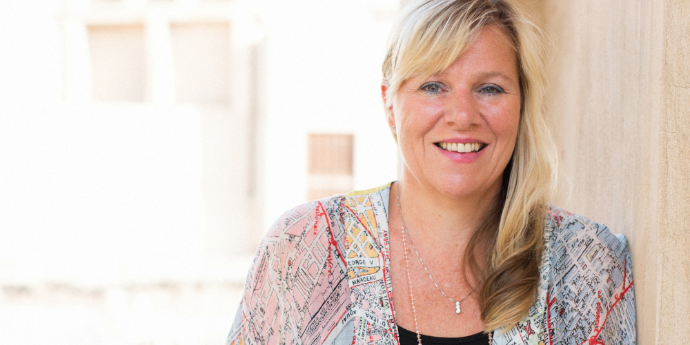
Happy Father’s Day. You’re Not Perfect, And Neither Are We
Parent counsellor Joanne Jewell of Mindful Parenting shares her insights and advice on how dads can process their anxieties, find release, and stay in control amid the chaos.
Father’s Day 2020 may go down in history as the one where you thanked your children for the handprint card that’s made a gigantic mess of your kitchen table, while you balanced a laptop on your knee and inwardly panicked about the rent cheque – all before 7am.
Times have been tough. Mums and dads deal with stress in different ways, and we could all do with some added coping mechanisms to pause the unprecedented pressure cooker of parenting we’re experiencing right now, couldn’t we?
Parent counsellor Joanne Jewell of Mindful Parenting, Eggs & Soldiers’ eggspert and friend, shares her insights and advice on how dads can process their anxieties, find release, and stay in control amid the chaos.
A: I find primarily the need to provide financially, with pressure to work hard but also finding time for their children. Also fathers with more than one child often feel overwhelmed by splitting time between them, and not showing favouritism.
A: Working from home and being physically there, but not available, adds to every parent’s stress. A father might be juggling expectations from his children and wife/wider family that he can parent more, because he is suddenly there, but needing to fulfill his career role as normal. The pandemic has brought with it additional anxiety around job security, as well as worries about family health and protection. Fathers feel stressed by their helplessness and not always knowing the answer or solution their family is looking for.
A: There needs to be awareness of feeling overwhelmed. We need to seek balance, rather than reacting in the moment: breathe, take a pause and self regulate. Notice the desire to always fix problems, but stay present, listen and empathise first.
A: Meditation, practicing being vulnerable with our partner and sharing fears rather than blaming or feeling guilty. Self-care – saying both no and yes to things that help us feel calmer – and practice noticing our thoughts and feelings rather than just reacting to them.
A: Apologise and take responsibility – we are not perfect and our children don’t need perfect parents. They need parents who recognise when they’ve made a mistake, and don’t blame others for it. Practice awareness through mindfulness and meditation so that we can avoid replicating it.
Joanne Jewell is a parent counsellor and founder of Mindful Parenting at Mindful ME. She is running online workshops throughout summer including Mindfulness Practice for Parents, teaching the skills and attitudes of mindfulness to parents and demonstrating how to practice these for themselves and their families.
For more information visit www.mindfulme.me or email joanne@mindfulme.me.